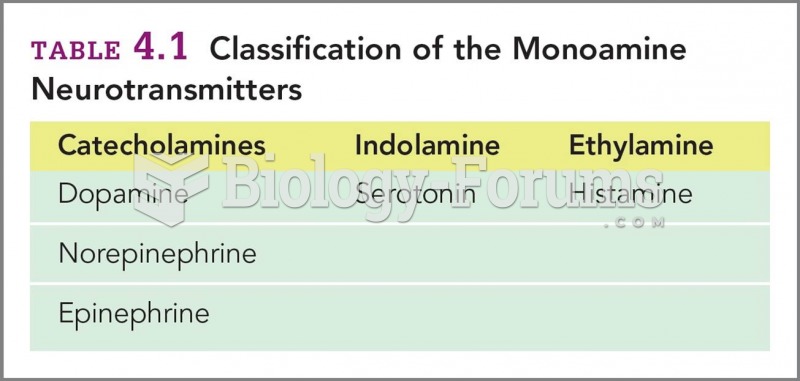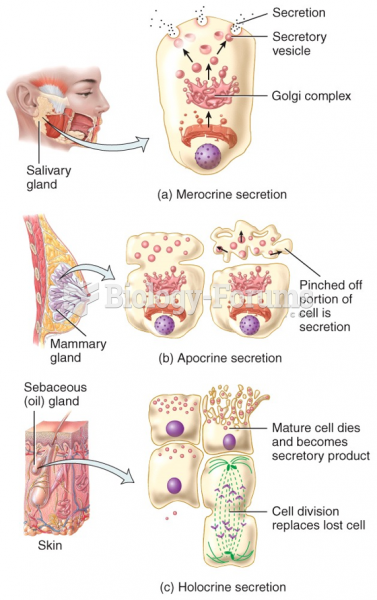Answer to Question 1
Benefits enhances clinical utility; helps with emergence of particular disorders as well as prognosis and treatment; aids in communication; improves research efforts, publications, and revision of thinking about a particular disorder
Drawbacks loss of individual information; stereotypes all children with a particular disorder
Developmental psychopathology stereotypes children; disorders in children might be transient; self-fulfilling prophecy
Answer to Question 2
Psychoanalytic thinkers see early childhood experiences as critical for all mental disorders. Traumatic experiences during the first three psychosexual stages can fixate the individual at that stage, arresting emotional development and leading to characteristic symptoms. These experiences are often out of the person's awareness, and unconscious impulses can threaten to overwhelm ego controls. Defenses against these sources of anxiety both protect the person and, if used excessively, generate psychological and physical symptoms. Humanistic thinkers also see childhood as influential. Specifically, Rogers claimed that the natural tendency to live up to one's potential (the actualizing tendency) can be thwarted when parents and others place conditions on their expression of love for the child. Incongruence between the individual's way of seeing himself or herself and actual experience is the core reason for mental disorders. Psychoanalysts place much greater emphasis on the unconscious than do other theorists. They see conscious experience as often being a distortion of underlying, truer feelings and impulses. Humanistic theorists believe that people are more capable of making conscious choices that are in their own best interests. They also place great importance on knowing the subjective reality of the client.
Because early and unconscious experiences drive behavior, psychoanalysts are inclined to see current behavior as determined by history and forces out of the individual's control. Humanists disagree and claim that we have the freedom to make choices and that we also must take responsibility for those choices.
These differences lead naturally to differences in treatment strategies. Psychoanalytic therapy seeks to make the unconscious conscious by using dream analysis, free association, and other techniques including projective tests. Humanistic therapists provide clients with unconditional positive regarda supportive environment in which they can fully experience feelings and thoughts. Rogers's person-centered therapy is nondirective and uses reflection of feeling to help clients solve their own dilemmas.







